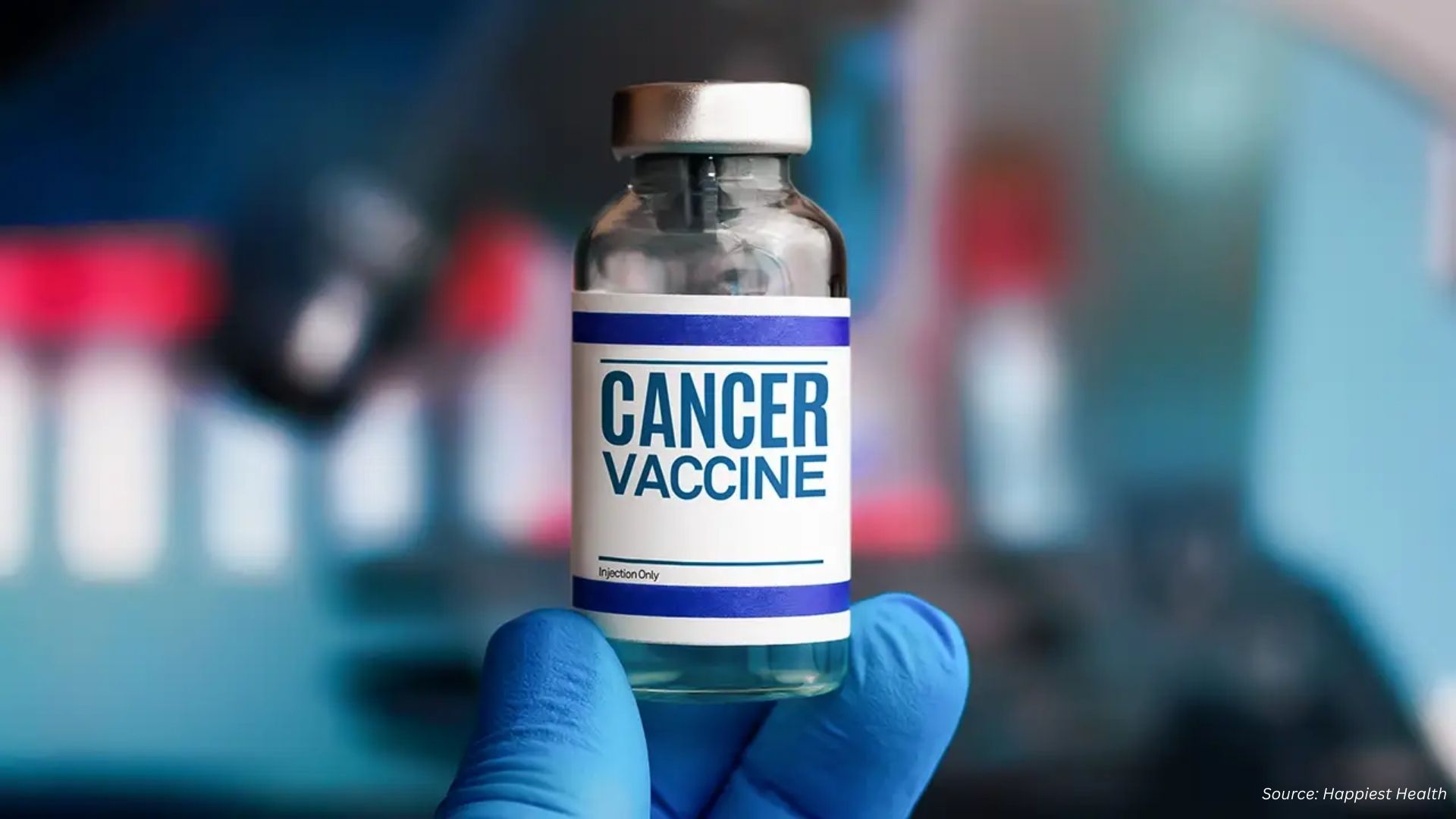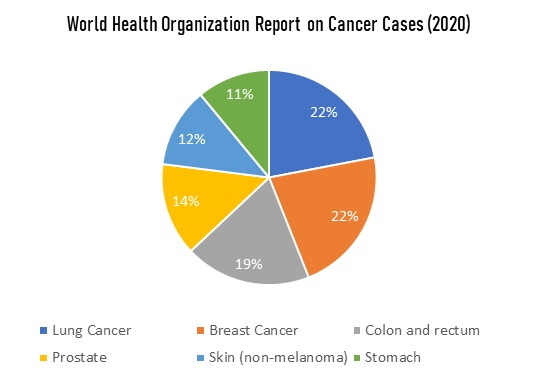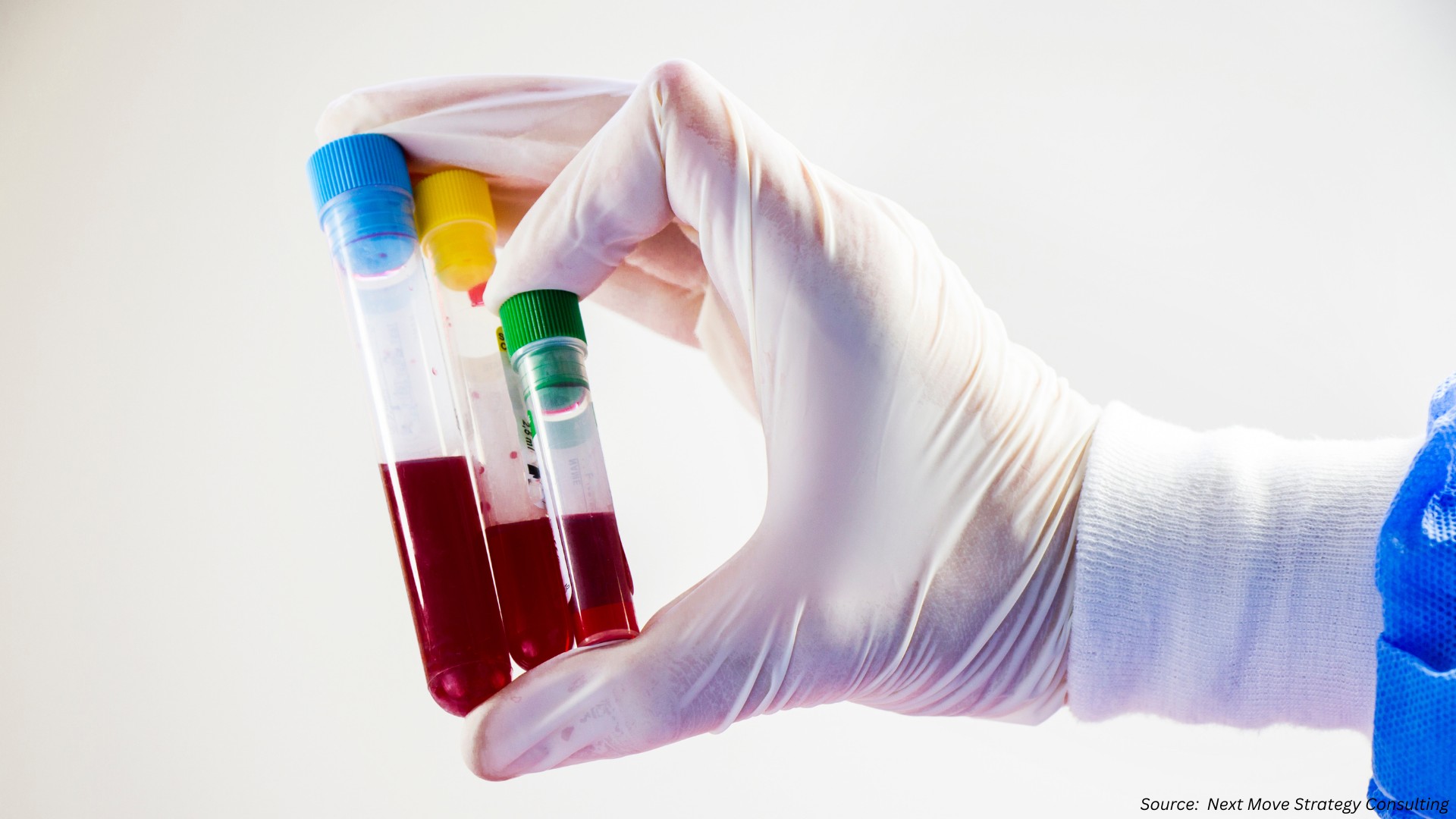How Cancer Vaccines Are Changing Treatment
Published: 2025-09-15

Introduction
Cancer vaccine is a type of immunotherapy that helps the immune system recognize and eliminate cancer cells at a very early stage or even before developing. Cancer vaccines comprise antigenic components that strengthen the immune system by increasing immunity of an individual to prevent cancer causing cells. These cancer vaccines target infectious agents that may cause cancer by producing antibodies. Moreover, they are often combined with other substances known as adjuvants that further help in boosting the immune system to fight against the disease.
What are the types of cancer vaccines?
Cancer vaccines can be classified into two categories:
Preventive Vaccines
Preventive vaccines are given to individuals who do not have any type of cancer, providing lifetime protection against the disease. They reduce the risk of cancer caused from viral infections in humans and help in resisting development of cancer cells in the body. For instance, Human papilloma virus or HPV that can develop cervical cancer in human body can be prevented by using HPV vaccine such as Gardasil 9 and Cervarix, which are preventive vaccines.
Therapeutic Vaccines
A therapeutic vaccine is administered to individuals who have a disease or infection. The vaccine works by activating immune system of a patient to fight against infection.
Unlike traditional vaccines, which prevent diseases, therapeutic cancer vaccines are used after a person has already been diagnosed with cancer. They are designed to enhance the immune ability of immune system to fight cancer cells and prevent cancer recurrence.
For instance, BCG vaccine, which is a type of therapeutic vaccine, is used in patients who have early stage of bladder cancer. Moreover, Sipuleucel-T (Provenge) (Sip-T) is first in class as a therapeutic vaccine approved by FDA for treatment of men with asymptomatic or minimally symptomatic castrate-resistant metastatic prostate cancer.
Factors driving growth of the cancer vaccine market
Rise in cases of different types of cancers and cancer-related deaths worldwide has led to growth in demand for cancer vaccines, globally. According to the World Health Organization (WHO) cancer was a leading cause of death globally, and around 10 million people died in 2020. Moreover, leading cases of cancer such as breast, lung, colon & rectum, prostate, skin, and stomach further propel growth of the cancer vaccine market.
Source: World Health Organization
Moreover, well known big tech companies are collaborating with cancer research centers to develop cancer vaccines, which, in turn, is expected to boost the market growth. For instance, in July 2022, Amazon collaborated with Fred Hutchinson Cancer Research Center to develop vaccines for breast cancer and melanoma, a form of skin cancer. Fred Hutch received permission from the U.S. Food and Drug Administration to proceed with the Phase I clinical trial for these vaccines. Amazon contributed by providing its scientific and machine learning expertise to explore development of a personalized treatment for certain forms of cancer.
In addition, Europe accounts for 30.11% of the global cancer vaccine market, owing to rise in initiatives by key players such as Glaxo smith, which is a British multinational pharmaceutical and biotechnology company with global headquarters in the U.K. Its sales of vaccines reached USD 9,071 million in 2021. The company reached the target by suppling vaccines to over 323 million people in lower income countries through its partner Gavi. The partnership with Gavi included supplying Cervarix to help in treatment of cervical cancer.
Conclusion
Use of artificial intelligence (AI) in diagnosing various types of cancers and developing drugs & vaccines creates growth opportunities for the cancer vaccine market.
Moreover, use of nano sensors in diagnosing cancer, which includes the oral fluid nano sensor test (OFNASET) is expected to boost production of cancer vaccines in the upcoming years. OFNASET is a point-of-care sensor that is capable of detecting multiplexed analytes for oral cancer in saliva through combination of mRNA and protein electrochemical detection.
Thus, development & testing of cancer vaccines is an active area of research and there are many ongoing clinical trials investigating effectiveness and safety of different cancer vaccines. It is important to note that only cancer vaccines are not a suitable treatment option for all types of cancer. However, they have the potential to be an important tool in the fight against cancer and may play a role in prevention & treatment of certain types of cancers in the future.
About the Author
 Sikha Haritwal is a researcher with more than 3 years of experience. She has been keeping a close eye on several industry verticals, including drugs and pharmaceuticals, personal care products, and consumer electronics. She has avid interest in writing news articles and hopes to use blog as a platform to share her knowledge with others. When she is not following industry updates and trends, she spends her time reading, writing poetry, cooking, and photography.
Sikha Haritwal is a researcher with more than 3 years of experience. She has been keeping a close eye on several industry verticals, including drugs and pharmaceuticals, personal care products, and consumer electronics. She has avid interest in writing news articles and hopes to use blog as a platform to share her knowledge with others. When she is not following industry updates and trends, she spends her time reading, writing poetry, cooking, and photography.
About the Reviewer
 Sanyukta Deb is a seasoned Content Writer and Team Leader in Digital Marketing, known for her expertise in crafting online visibility strategies and navigating the dynamic digital landscape. With a flair for developing data-driven campaigns and producing compelling, audience-focused content, she helps brands elevate their presence and deepen user engagement. Beyond her professional endeavors, Sanyukta finds inspiration in creative projects and design pursuits.
Sanyukta Deb is a seasoned Content Writer and Team Leader in Digital Marketing, known for her expertise in crafting online visibility strategies and navigating the dynamic digital landscape. With a flair for developing data-driven campaigns and producing compelling, audience-focused content, she helps brands elevate their presence and deepen user engagement. Beyond her professional endeavors, Sanyukta finds inspiration in creative projects and design pursuits.

















Add Comment